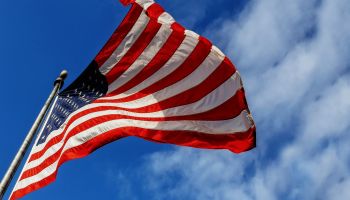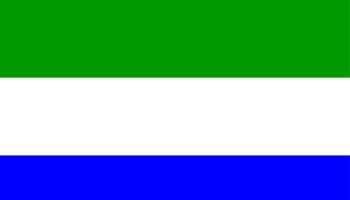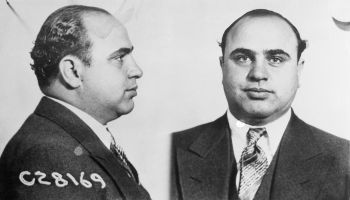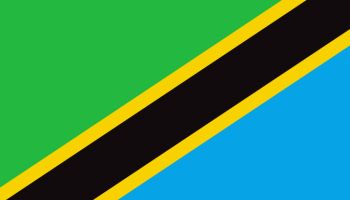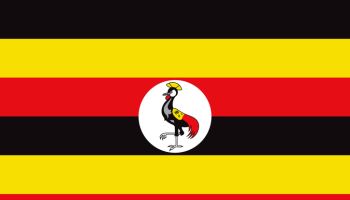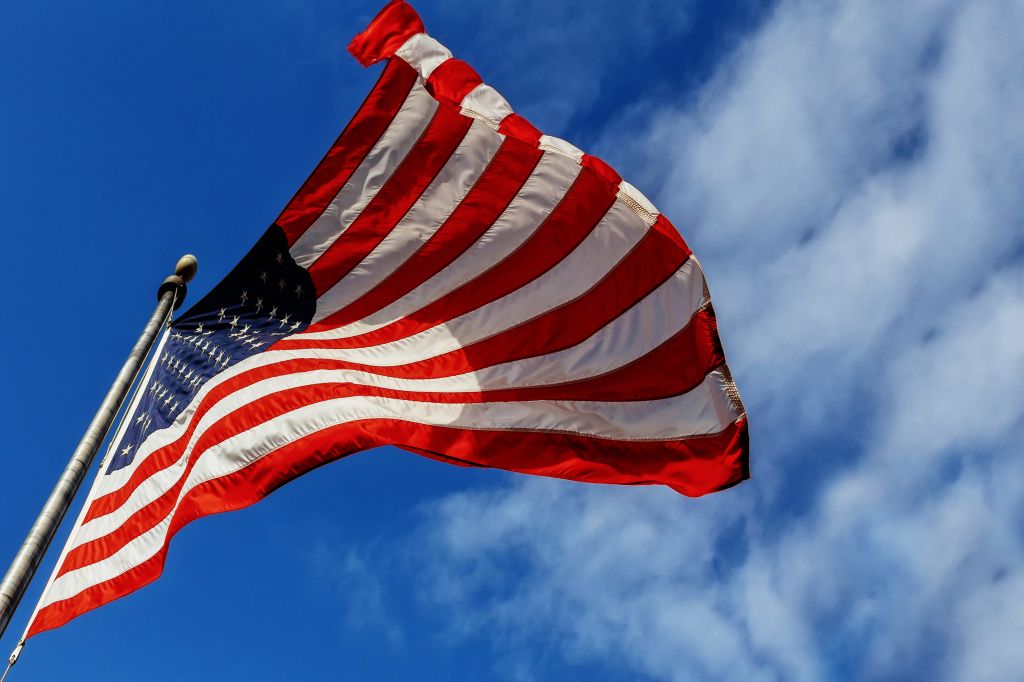
Source: Valentyn Semenov / EyeEm / Getty
Independence Day, Schmindependece Day. We (Black and brown folks) only celebrate the fourth for the food, because LOL at this so-called “holiday.” You know what’s better than pretending folks weren’t still enslaved when the Declaration of Independence was adopted? Reading up on what our history is really about.
Grab one of the following texts and stay woke, fam:
Barracoon: The Story of the Last “Black Cargo” by Zora Neale Hurston
The Rundown:
You should know what this book is about by now since this is the third time we’re featuring it. If you don’t, Barracoon is Zora Neale Hurston’s riveting account of the one of the last-known survivors of the Atlantic slave trade. A totally necessary read, we’re going to call it one of the most important books you’ll add to your collection in 2018.
Who We Be: A Cultural History of Race in Post-Civil Rights America by Jeff Chang
The Rundown:
If you’ve read Can’t Stop Won’t Stop: A History of the Hip-Hop Generation, then you already know you’re in for a treat. In Who We Be: A Cultural History of Race in Post-Civil Rights America, renowned author Jeff Chang—who’s known for his analysis of culture, race, politics, and the arts—breaks down “a hidden history of American arts, cultural, and social movements that have changed the ways we see each other.” A recap of the turbulent half-century “from the peak of the civil rights era to the colorization and strife of the Obama years,” this book is all well-researched facts, and none of that white-washed BS they assigned you to read in school. 
This Bridge Called My Back edited by Cherríe Moraga and Gloria Anzaldúa
The Rundown:
An oldie but goodie, this collection of writings explores the “complex confluence of identities—race, class, gender, and sexuality—systemic to women-of-color oppression and liberation.” Here, you’ll learn about the economic history of queer American women of color and how it directly affects our country—all via an intersectional lens, of course.
A People’s History of the United States by Howard Zinn
Thanks to its inclusive perspective, Zinn’s A People’s History of the United States has easily become an acclaimed and necessary read for anyone who really wants to know what’s up. This is the book you read if you want to learn about America’s origins from the people who’ve struggled in it: women, factory workers, Black folks, indigenous folks, the working poor, immigrant laborers, and more.
The Other Slavery: The Uncovered Story of Indian Enslavement in America by Andrés Reséndez
The Rundown:
As the book’s description notes, “there was no abolitionist movement to protect the tens of thousands of Natives who were kidnapped and enslaved by the conquistadors.” Which is why Reséndez argues that “it was mass slavery—more than epidemics—that decimated Indian populations across North America.” Bet they didn’t teach you that in grade school.
Book Ends is CASSIUS’ hub for all things lit(erature). Check back each week for book-related content.
- Sudan: Entertainment, Food, Languages, Places To Visit + More
- Egypt: Entertainment, Food, Languages, Places To Visit + More
- Libya: Entertainment, Food, Languages, Places To Visit + More
- South Sudan: Entertainment, Food, Languages, Places To Visit + More
- Tunisia: Entertainment, Food, Languages, Places To Visit + More
BOOK ENDS: 5 Independence Day Reads About America’s TRUE History was originally published on cassiuslife.com








